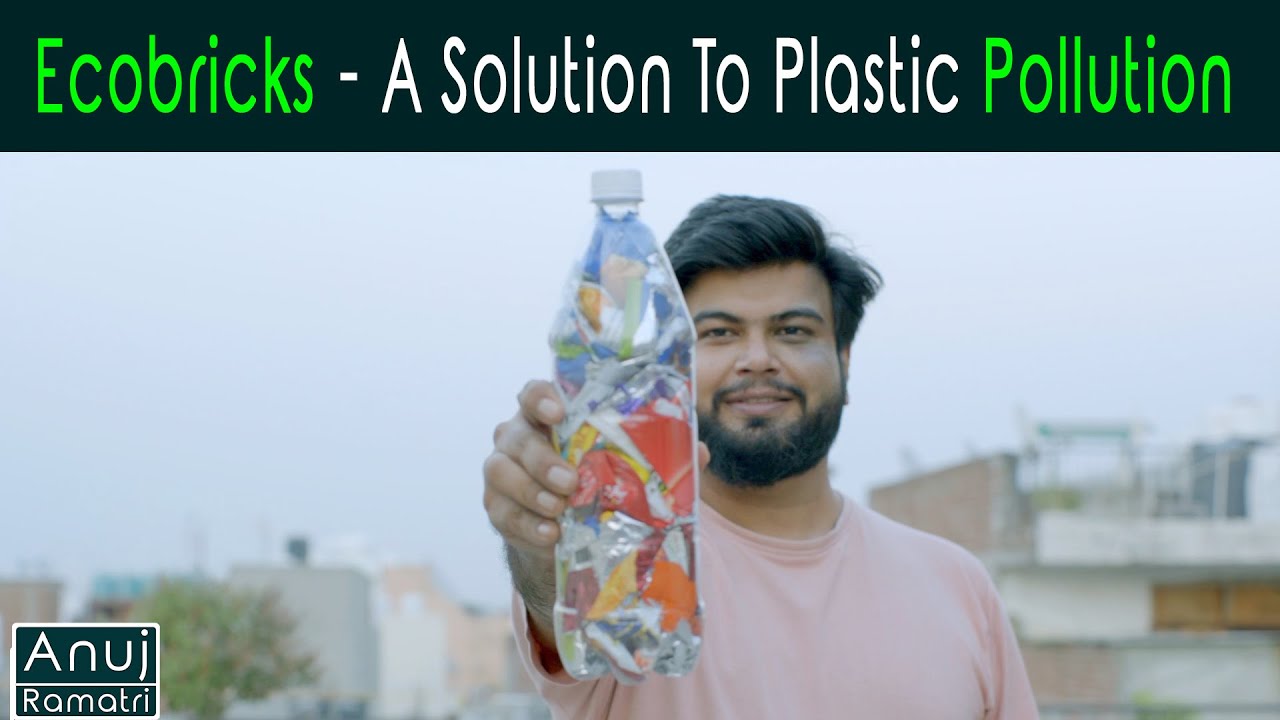ASEAN Youth Video Speech Challenge - Evani Yuni Lestari
Summary
TLDRIn this compelling speech, Yun Lestari discusses the widespread issue of plastic pollution, sharing a personal experience of discovering plastic waste in the drainage. She emphasizes the importance of Extended Producer Responsibility (EPR), where companies must take accountability for the entire life cycle of their products, including waste disposal. Yun calls for a shift in mindset, urging individuals and businesses to recognize their role in tackling plastic waste. The speech inspires collective action, highlighting that responsibility starts with each of us, and only through joint efforts can we create a cleaner, more sustainable future.
Takeaways
- 😀 Responsibility for plastic waste lies with us, not just sellers, buyers, or the government.
- 😀 Throwing away plastic does not mean it disappears; it often ends up causing environmental harm.
- 😀 Extended Producer Responsibility (EPR) holds producers accountable for the entire lifecycle of their products, including waste management.
- 😀 EPR encourages companies to take responsibility for their products even after consumers dispose of them.
- 😀 The ASEAN Conference on Combating Plastic Pollution 2024 emphasizes the need for companies to manage plastic waste themselves.
- 😀 Microplastics are a serious issue, polluting our rivers, oceans, and even our food.
- 😀 Changing our mindset about waste and responsibility is essential for combating plastic pollution.
- 😀 Teaching the next generation that waste doesn’t just go away is crucial to environmental education.
- 😀 It's important to make mindful choices about plastic use, as our actions have long-term impacts.
- 😀 Solutions to plastic pollution start with individual responsibility, but need collective action for real change.
- 😀 The future of environmental sustainability depends on our actions today—starting with small, everyday decisions.
Q & A
What is the main issue Yun Lestari discusses in the video?
-Yun Lestari discusses the widespread problem of plastic waste and its impact on the environment, specifically highlighting how plastic waste often ends up in drainage systems and negatively affects the local neighborhood.
What was Yun's experience with plastic waste after buying food from a street vendor?
-Yun bought food wrapped in plastic and placed it in a tin bag to carry. She disposed of the plastic responsibly, only to later find the same plastic waste blocking the drainage near her home.
What does Yun imply about the responsibility for plastic waste?
-Yun emphasizes that the responsibility for managing plastic waste falls on everyone, not just sellers or buyers, but on all individuals and entities involved in the production, distribution, and disposal of plastic products.
What is Extended Producer Responsibility (EPR), and why is it important?
-EPR is a policy that holds producers responsible for their products even after they are discarded. It is important because it ensures companies are accountable for their waste, especially plastic, from production to disposal, which helps combat environmental pollution.
How does Yun describe the relationship between producers and the waste they create?
-Yun explains that producers must take responsibility for the plastic they create, including managing the waste generated by their products, rather than leaving it to consumers or the government to handle.
What role do ASEAN companies play in plastic pollution, according to the script?
-According to the ASEAN conference on combating plastic pollution, many companies in ASEAN still do not fully take responsibility for the plastic waste they create, contributing to environmental issues like microplastic pollution in rivers and oceans.
What is Yun's stance on who is responsible for plastic waste in the environment?
-Yun believes the responsibility lies not just with companies, but with individuals, including herself and others in society, who must rethink their actions and take ownership of their impact on the environment.
How does Yun envision a solution to the plastic waste problem?
-Yun envisions a future where companies are held accountable for the plastic they produce, and individuals are educated on the importance of properly managing waste, leading to cleaner neighborhoods and reduced pollution.
What message does Yun convey about individual responsibility in addressing plastic waste?
-Yun encourages everyone to take personal responsibility for their actions, suggesting that meaningful change starts with individuals, and together we can create a better future by reducing plastic waste.
Why does Yun compare plastic waste to a snake, and what point is she trying to make?
-Yun compares plastic waste to a snake to illustrate that it doesn't just disappear. Instead, it stays in the environment and can come back to affect us, symbolizing the ongoing, hidden impact of plastic pollution.
Outlines

This section is available to paid users only. Please upgrade to access this part.
Upgrade NowMindmap

This section is available to paid users only. Please upgrade to access this part.
Upgrade NowKeywords

This section is available to paid users only. Please upgrade to access this part.
Upgrade NowHighlights

This section is available to paid users only. Please upgrade to access this part.
Upgrade NowTranscripts

This section is available to paid users only. Please upgrade to access this part.
Upgrade NowBrowse More Related Video

INDONESIA DARURAT SAMPAH PLASTIK

5 Dampak Limbah Sampah Plastik Bagi Lingkungan dan Makhluk Hidup

EcoBricks - A Solution To Plastic Pollution | Anuj Ramatri | EcoFreak

MIRIS!! INILAH DAMPAK SAMPAH PLASTIK YANG HANYUT KE LAUTAN

ASEAN Youth Video Speech Challenge - Francine Wayas

BAB 4 Aktivitas Belajar 4.6 contoh iklan layanan masyarakat
5.0 / 5 (0 votes)